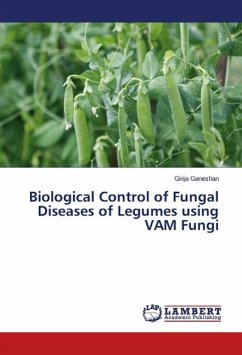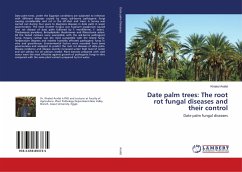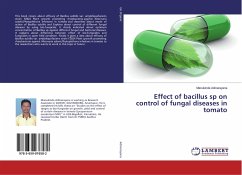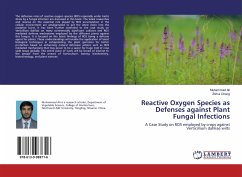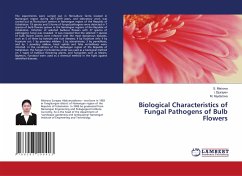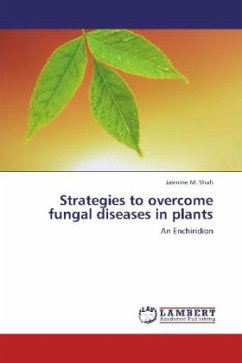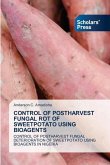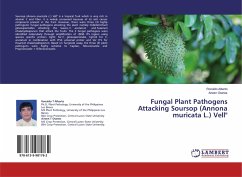Indiscriminate use of pesticides in the management of plant diseases is leading to severe allied problems of environmental pollution and residual hazards. Biological control is desirable because it is safe and poses no resistance problem in pest population. Despite enormous research, the current market share for biologicals is almost negligible in the entire pesticide arena. Limited attention has been focused on the use of VAM (Vesicular Arbuscular Mycorrhizal) fungi as biocontrol agent, though being used largely as biofertilizers. The legumes serve as main source of fibre and protein especially in diets where animal protein is avoided. Root rot diseases caused by soil borne fungal pathogens cause severe losses. In this thesis, Glomus mosseae was exploited for its biocontrol traits against root rot diseases of five different leguminous vegetable crops viz., frenchbean, pea, cowpea, clusterbean and pigeonpea. The treatise opens venue for those who are interested in carrying forward this research to other crop diseases, which can be managed by the intervention of VAM fungi in enhancing crop growth, yield and suppressing the disease.
